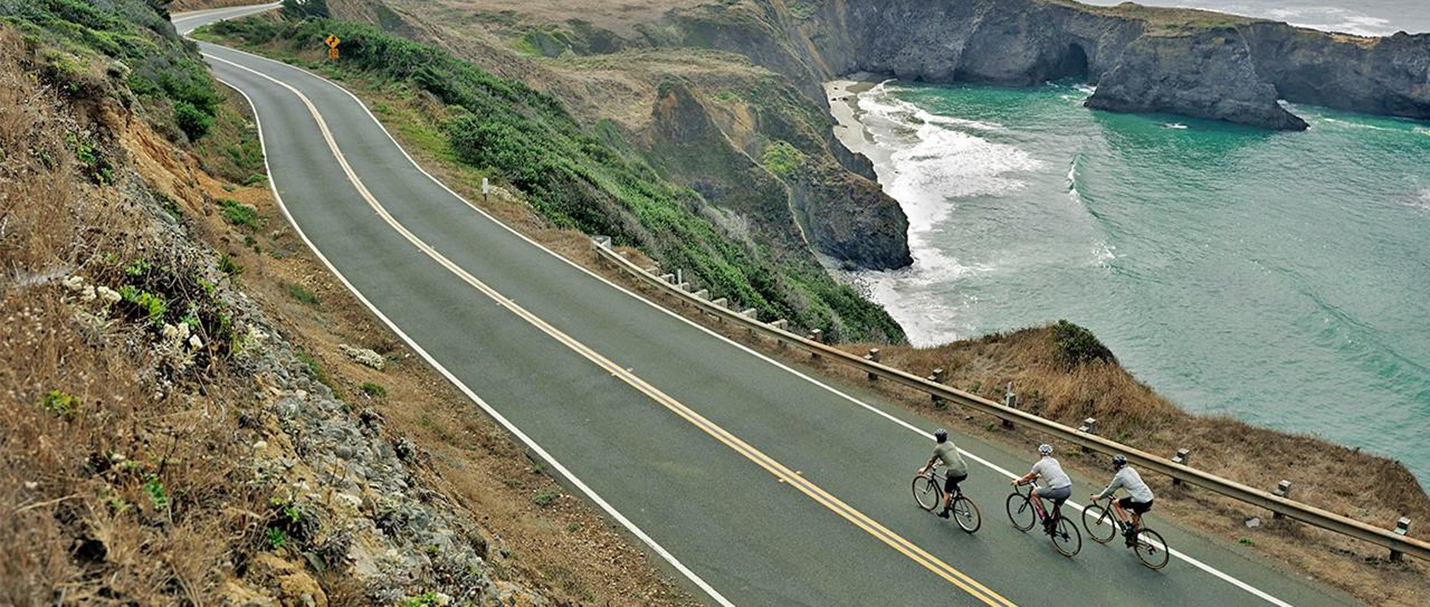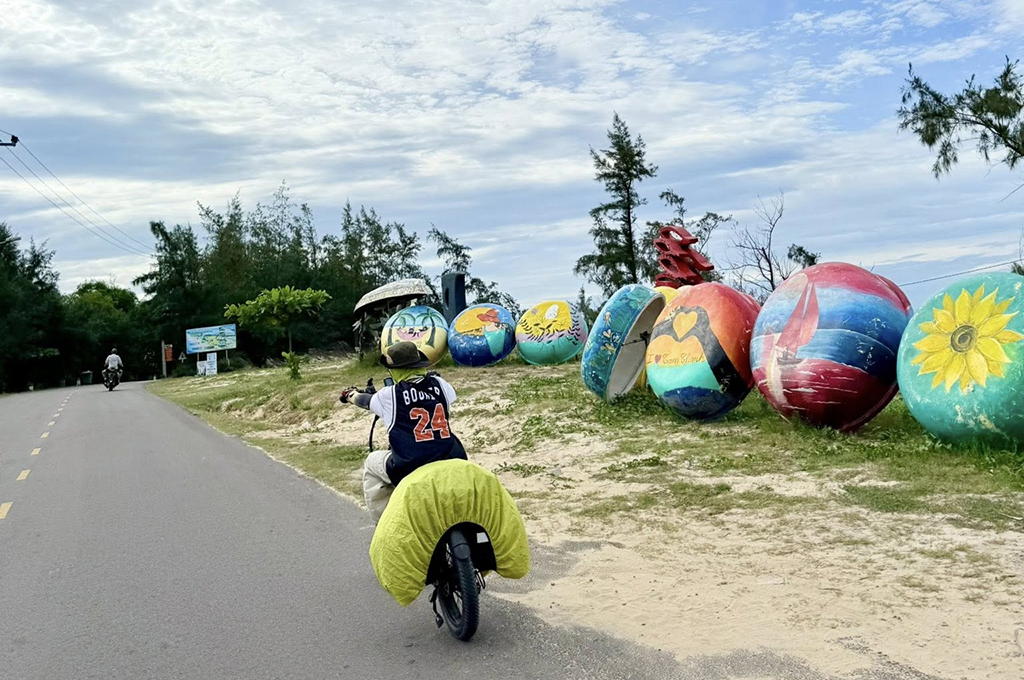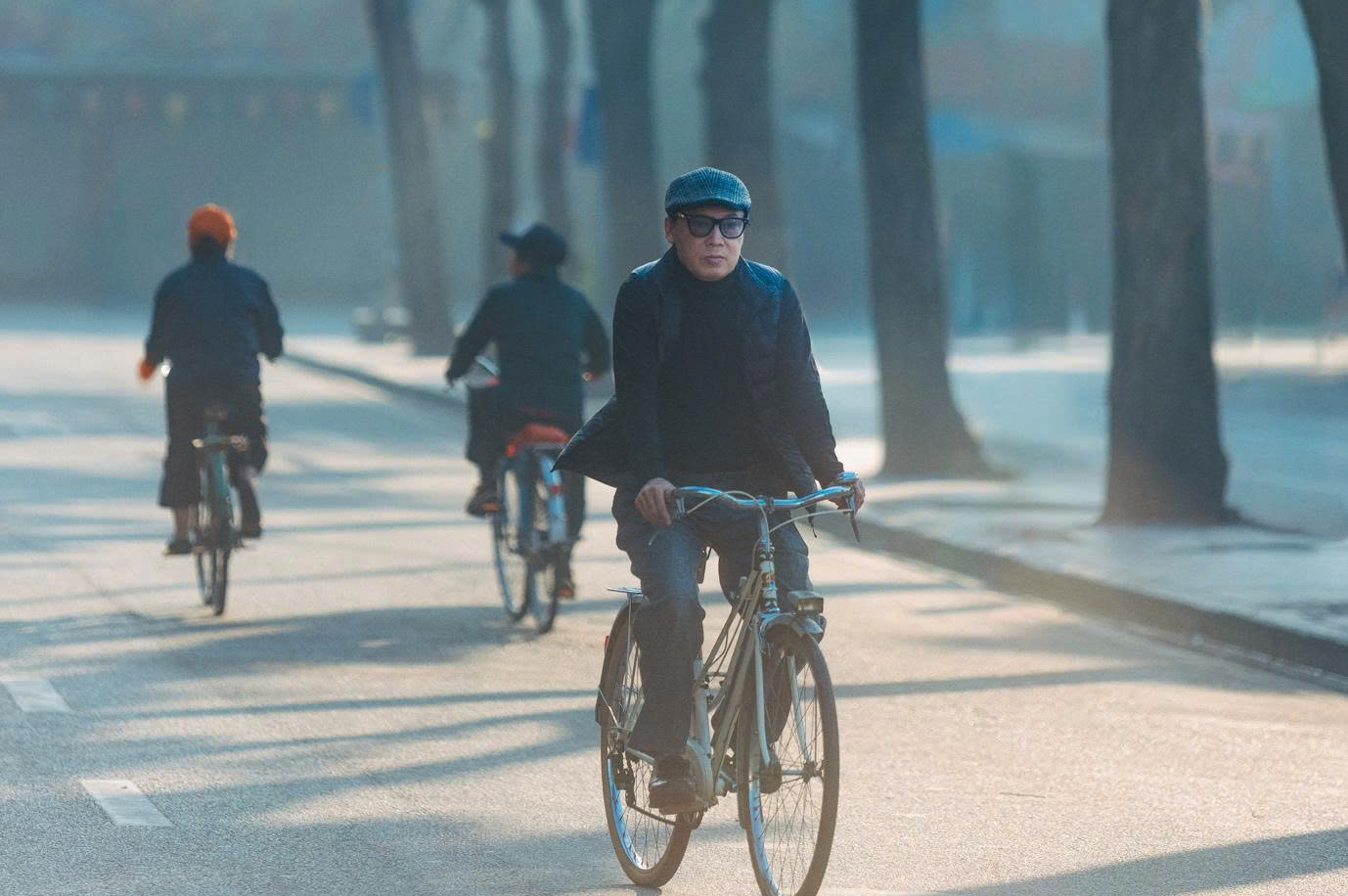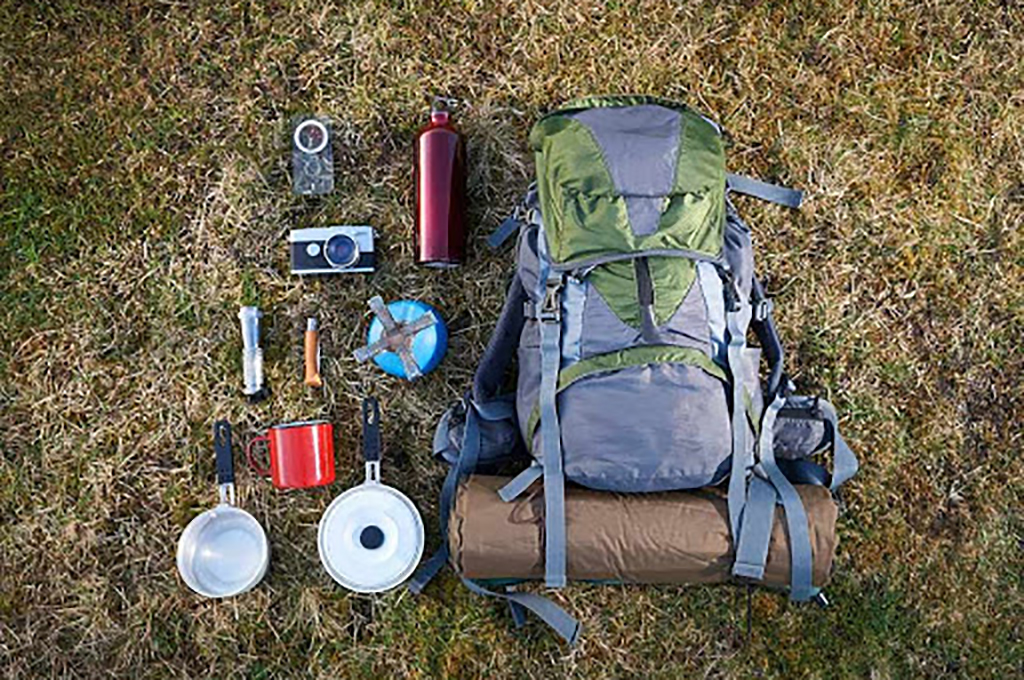
04
Tháng 10
Traveling by Bicycle in Vietnam: 5 Useful Tips for You
Are you bored with journeys by car, motorbike, bus, …? Do you want to experience something new? Or do you want to improve your health? Then traveling by bicycle is a suitable choice for you.
To have a memorable and wonderful trip, Hanoi Bike Tour suggests some advice for beginners when traveling by bicycle!
Determine the Route

Tips for Traveling by Bicycle in Vietnam
Route
- Before you set off, it’s essential to determine the total distance you plan to travel. Knowing how many kilometers you want to cover allows you to choose reasonable stopping points along the way. This will help you avoid fatigue if the distance is too long and prevent wasting time on unnecessary breaks that can disrupt your journey.
Mark on GPS
- Knowing your destination is crucial. Take the time to mark these locations on your map and star them on your GPS. This way, you will have a clear sense of direction and can easily navigate to your stops, ensuring a smooth journey.
Essential Items
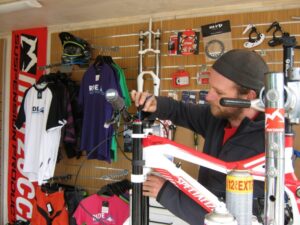
Traveling by Bicycle in Vietnam: 5 Useful Tips for You
Clothing Suitable for the Weather
- When planning your trip, be sure to check the weather conditions for the areas you will be visiting. It’s important to pack clothing that is suitable for those conditions. Unlike traveling by car, cycling exposes you directly to the elements, which can significantly affect both the quality of your trip and your overall health.
Rain Gear
- In the event of rain, it’s wise to bring rain gear to avoid getting stuck in uncomfortable conditions. A rain jacket and waterproof pants will keep you dry, and a hat can help ensure your vision remains clear, allowing you to navigate safely.
Flashlight
- A flashlight is an essential item for any cycling trip. Whether renting a bike or using your own, ensure you have a strong light source, spare batteries, or a USB port for charging. This will help you stay safe and visible, especially during low-light conditions or if you plan to cycle during the evening.
Map/Smartphone
- Always bring a physical map of your destination and a smartphone with mapping capabilities. Both serve as a backup in case of various potential risks, such as losing cell service or running out of battery. Being well-prepared with navigation tools will give you peace of mind.
Money
- It’s essential to set a budget for your expenses during the trip. Consider possible costs such as meals, accommodation, and entrance fees for attractions. Additionally, be prepared for any unexpected events that may arise while cycling, as having a financial cushion can help alleviate stress.
Know How to Repair and Adjust Your Bicycle
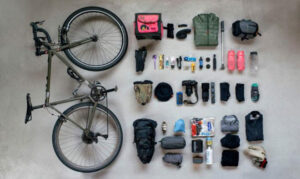
Necessary supplies
Spare Tire/Pump and Know How to Replace It
- To avoid the unfortunate situation of having to “walk” when your tire gets affected by the terrain while traveling, it’s essential to prepare a spare tire and a bicycle pump. Additionally, make sure you know how to use and replace them when necessary. Being equipped with these tools will save you from unnecessary hassles during your ride.
Know Where the Bicycle Shops Are
- Mark the locations of bicycle shops on your map and star them on your GPS. This preparation is crucial in case of emergencies when you may need bicycle repairs while cycling and are unfamiliar with the area. Having this information readily available will help you address any issues quickly.
Food and Drinks
- Cycling is an effective way to burn calories, and when you’re traveling by bike, it often involves long distances that can deplete your energy. Therefore, preparing enough snacks and drinks to replenish the calories burned is essential. Avoid letting yourself become hungry or thirsty during your ride, as this can create difficulties and negatively impact your health.
Safety When Traveling by Bicycle
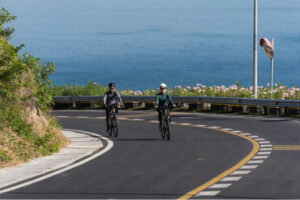
Traveling Vietnam by bicycle
- The most important aspect of cycling travel is ensuring that you remain as safe as possible. Here are some safety tips to keep in mind:
- Check Your Helmet: Always inspect your helmet before you start cycling to ensure it is in good condition.
- Inspect Your Bicycle: Perform a quick check of your bicycle to make sure that all bolts are tightened, the brakes are functioning properly, and the gears shift smoothly. This will help prevent any mechanical issues while you’re on the road.
- Use Lights at Night: If you plan to cycle at night, be sure to install lights on your helmet and/or bike. This will make you visible to drivers and other cyclists, helping to keep you safe.
- Review Your Planned Route: Before you head out, review your planned route, considering factors such as traffic conditions and weather forecasts. Being informed will help you avoid potential hazards.
- Follow Road Rules: Always adhere to traffic regulations to avoid placing yourself in dangerous situations. This includes signaling your turns, respecting stop signs, and being aware of your surroundings.
READ MORE:
- Why Some People Shouldn’t Cycle and 7 Reasons to Cycle Daily
-
5 Tourist Attractions in Hanoi for Cycling That Captivate Young People
-
Co Loa Citadel: Magic crossbow during your visit to this ancient site (2024 Update)
- Bikeplus – Buy, Rent or Repair a Bicycle in Hanoi
Follow us more at:


